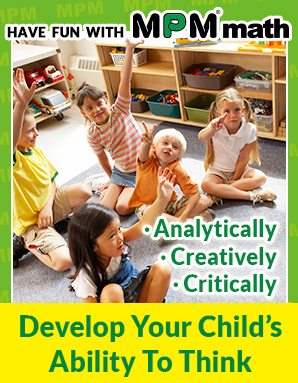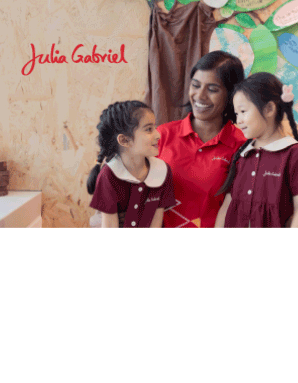Navigating Social Development in Preschoolers: A Parent's Guide
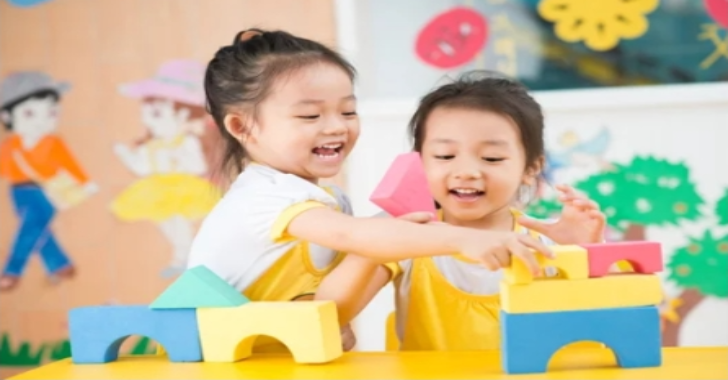
Parents play a crucial role in nurturing healthy relationships through guidance, advice and acting as role models. Help your little one develop strong interpersonal skills that will last a lifetime!
Strategies to help young children develop social skills
Preschool is an exciting adventure in a child's life as it is when they start making friends and developing social skills with others in society. In order to help our children navigate this social development adventure, we as parents play extremely important roles. Lets explore strategies to help our children develop their social skills, overcome common social challenges, and build meaningful connections with their peers.
1. Encourage Play and Group Activities:
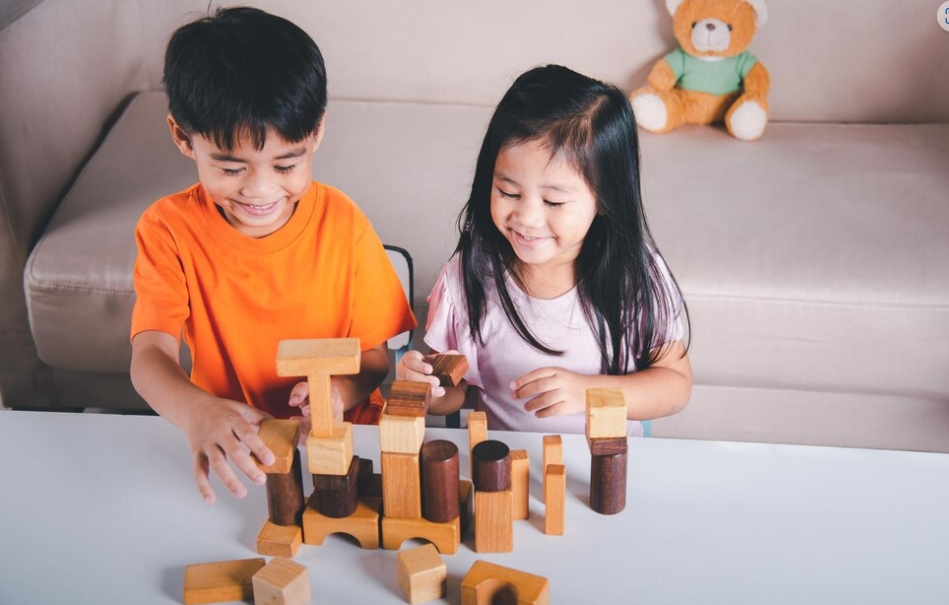
As preschoolers are still developing their social skills, they may struggle with understanding the concept of sharing toys or waiting for their turns during group activities. Encourage your child to participate in cooperative play activities that involve social skills of sharing and taking turns. For example, building blocks or playing board games. Teach them how to communicate and negotiate with their peers effectively. They will learn and build valuable social and emotional skills.
2. Teach Conflict Resolution:
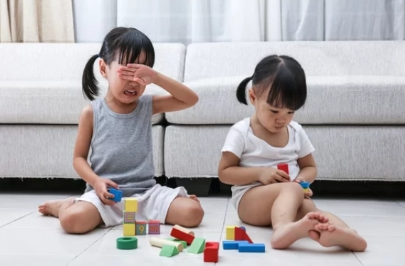
Preschoolers might struggle with getting along with their peers and settling disputes while playing. They are still learning how to effectively communicate their wants and resolve conflicts. It is imperative that children be taught constructive coping mechanisms for such circumstances. Encourage your child to verbally express their feelings and attempt to solve difficulties in order to help them learn how to address problems and communicate better.
3. Support Building Confidence:

Confidence plays a significant part in social relationships. Parents should always encourage their children to freely express themselves and share their views, whether they are growing up or are in preschool. Any group activities that capture their interest should be encouraged to be actively participated in. Recognize their efforts on a regular basis and provide constructive criticism as appropriate. This method facilitates students' adjustment to new social settings while also raising their sense of self-worth.
4. Model Positive Social Behavior:

Remember that kids often imitate the actions of people they see around them, particularly their parents, who they spend the majority of their time with. In your daily contacts, make sure parents demonstrate kindness, empathy, and efficient communication. Providing a good example for your child helps them develop strong social skills. It creates the conditions for children to take on constructive behaviours, which supports their own development of social and interpersonal abilities.
As children grow, their social skills also progress. Parents play a crucial role in nurturing healthy relationships through guidance, advice and acting as role models. With consistent love, patience and the right strategies, you can help your little one develop strong interpersonal skills that will last a lifetime.







